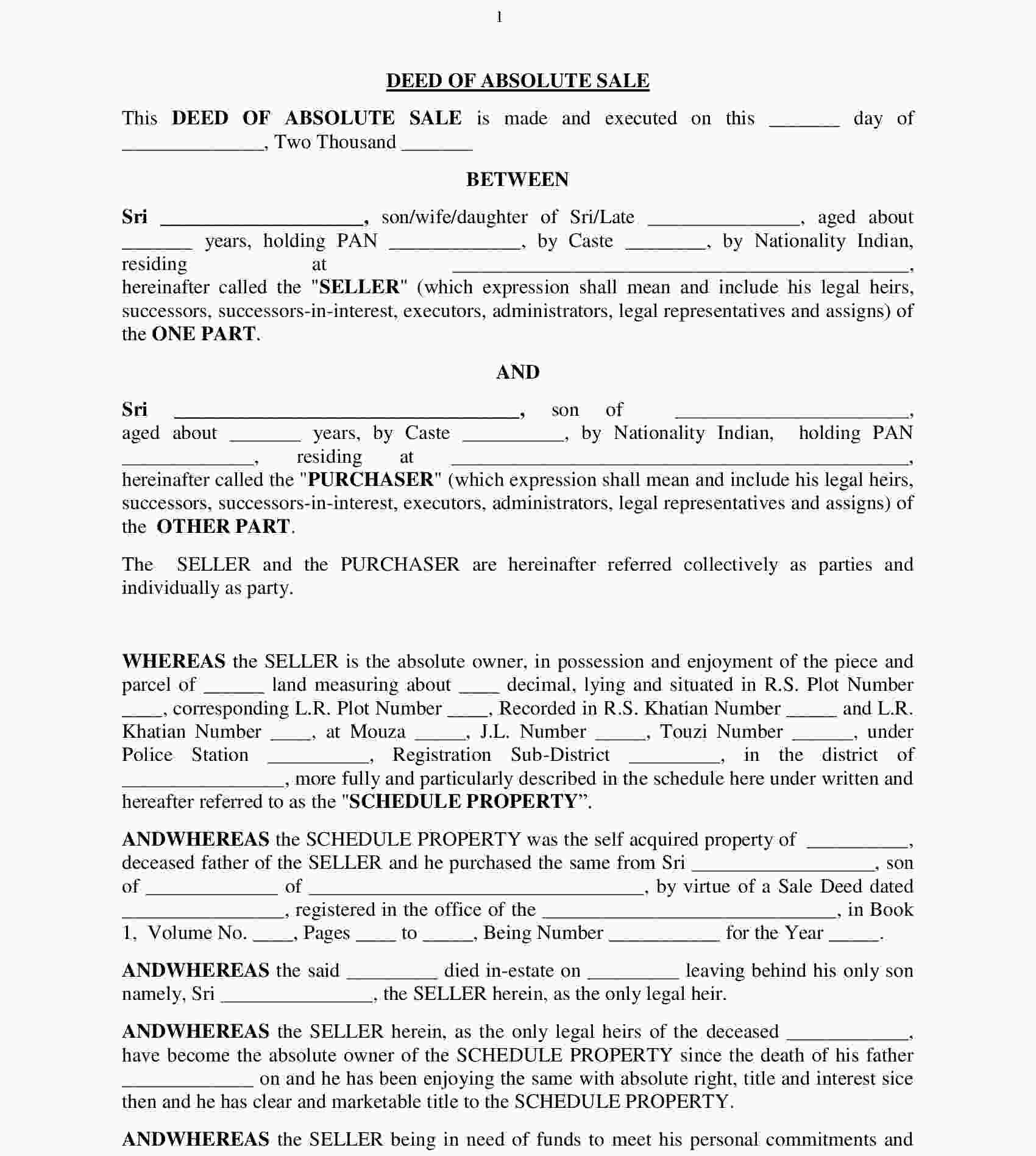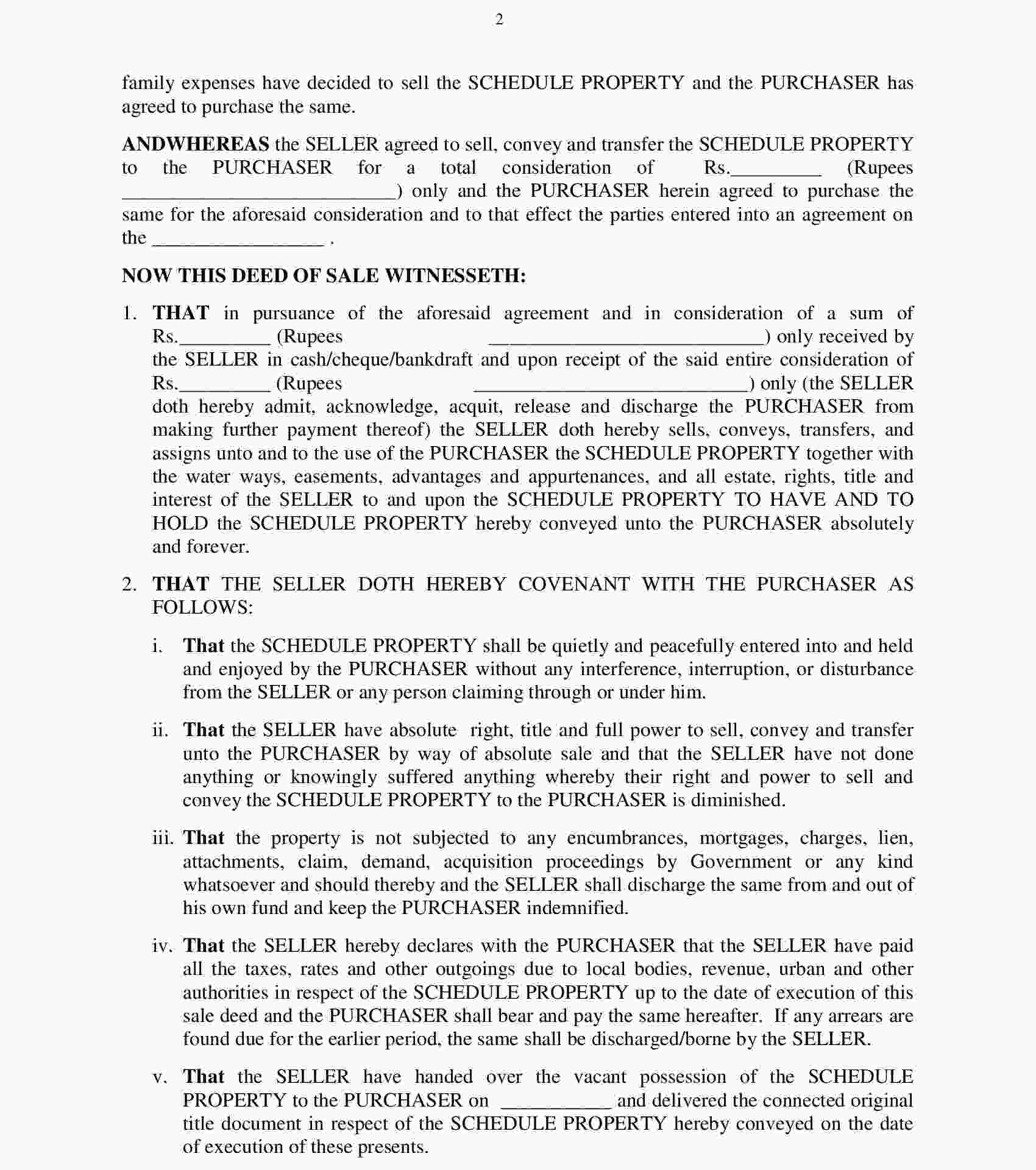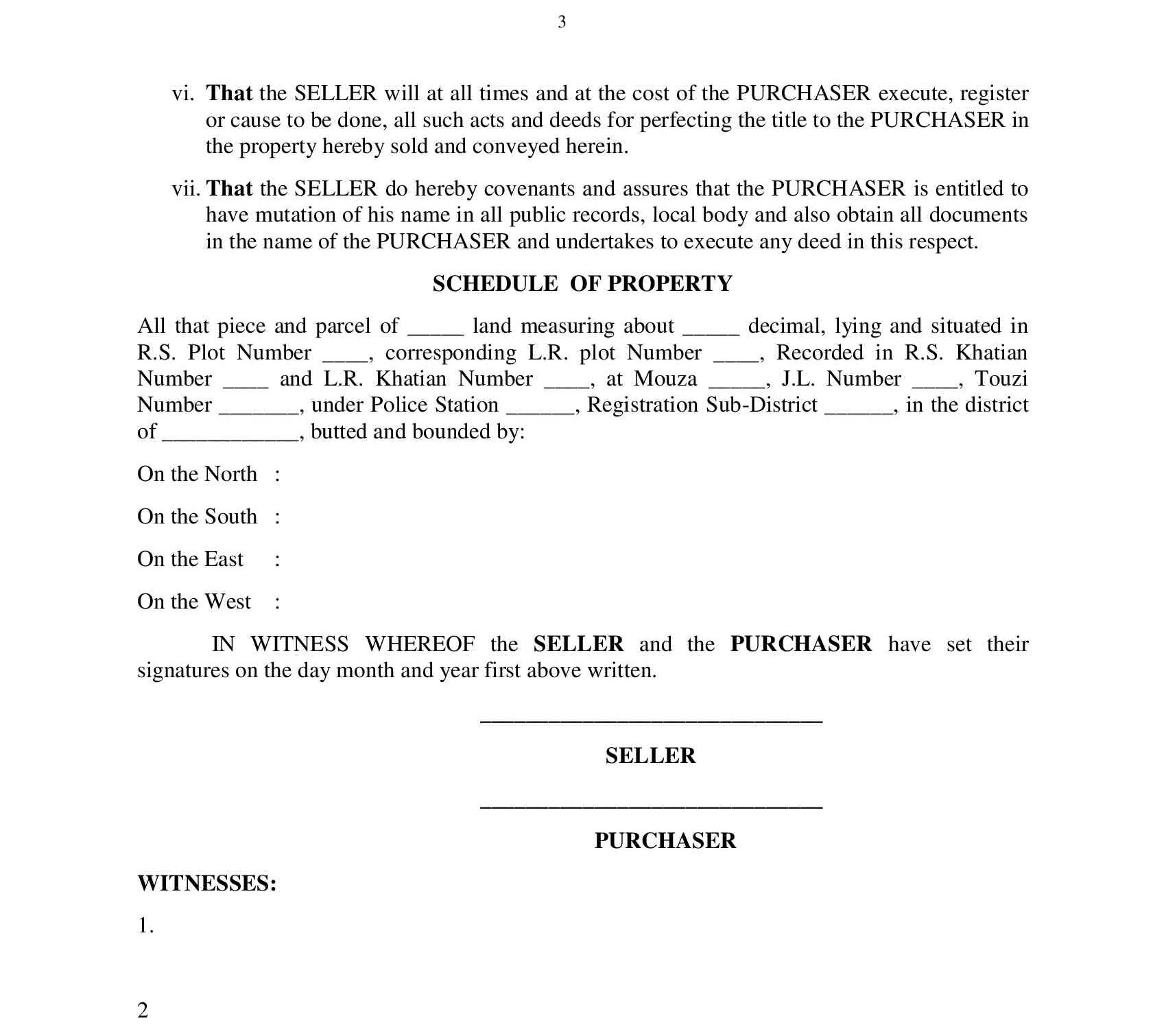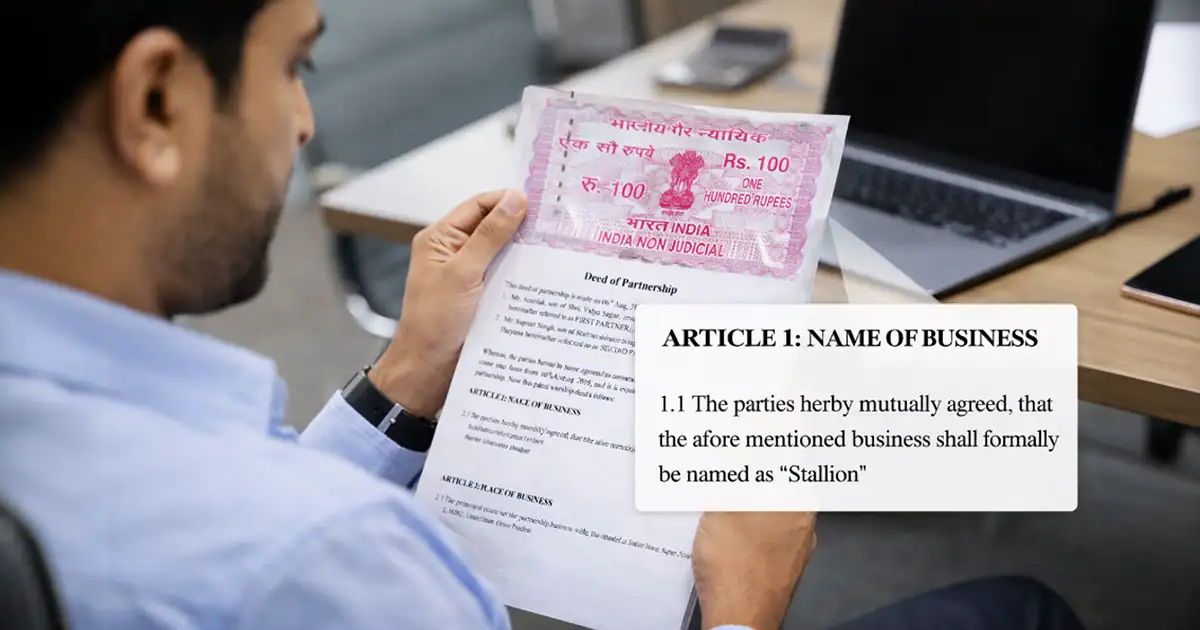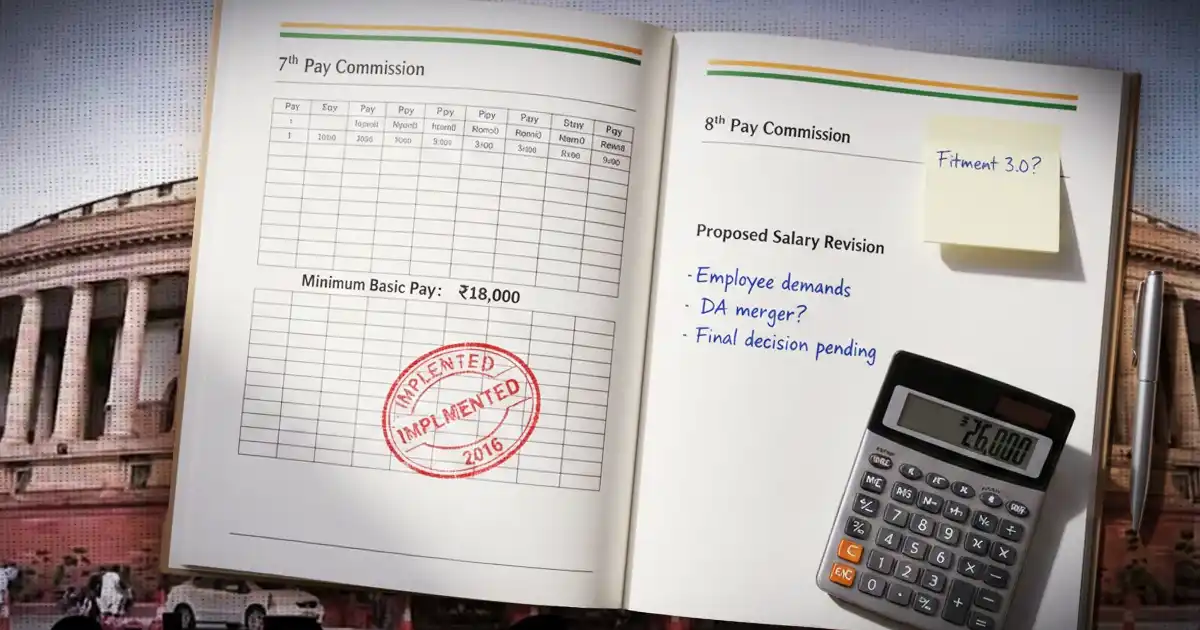A Sale Deed is a legal document that officially records the sale and transfer of ownership of an immovable property (such as land, a house, or a flat) from a seller to a buyer. It is executed after both parties have fulfilled all conditions outlined in the Sale Agreement.
This document serves as definitive proof of your property ownership. Essentially, it's the final and most important step in establishing legal title. A properly executed and registered sale deed is paramount for any property transaction.
What is a Sale Deed Registration?
Sale deed registration is a crucial legal process that finalises the transfer of property ownership from the seller to the buyer. It involves documenting the transaction with the local sub-registrar office, ensuring that the buyer’s rights are officially recorded and recognised under the law.
This process offers legal protection by serving as conclusive proof of ownership and preventing future disputes or claims over the property. Once registered, the sale deed becomes a legally binding document, making it essential for any real estate transaction in India.
Why is a Sale Deed Important: Benefits
- Legal Transfer of Ownership: A registered sale deed officially transfers the title of the property to the buyer.
- Mandatory for Legal Recognition: Without registration, the buyer’s ownership is not recognized by legal authorities like the Sub-Registrar, courts, or municipal bodies.
- Essential for Future Transactions: Only a registered owner can sell, lease, or mortgage the property legally.
- Protects Both Parties: The deed outlines the terms, conditions, and responsibilities of both buyer and seller.
- Acts as Legal Proof: It serves as vital evidence in case of disputes related to the property.
- Not Just a Formality: Sale deed registration is a legal requirement, not an optional step.
- A registered sale deed is also necessary to update the property records (mutation) in the buyer’s name with the local revenue authorities. Without it, the buyer won’t be officially recorded as the new owner. It’s also a key document required by banks and financial institutions when applying for a home loan.
Sale Deed vs. Sale Agreement
It's common to confuse a Sale Deed with a Sale Agreement, but they serve distinct purposes in a property transaction.
| Aspect | Sale Agreement | Sale Deed |
| Definition | A legal contract that outlines the terms and conditions of a future property sale. | A legal document that completes the transfer of ownership from seller to buyer. |
| Purpose | To promise a future sale after agreed-upon conditions are met. | To legally transfer ownership rights immediately after payment is made. |
| Nature | Executory (promise to transfer) | Executed (actual transfer) |
| Timing | Signed before the actual sale takes place | Signed after all terms in the sale agreement are fulfilled |
| Ownership Transfer | Does not transfer ownership | Transfers legal ownership of the property |
| Registration Requirement | Not mandatory, but strongly recommended | Mandatory under the Registration Act, 1908 |
| Legal Value in Court | Used to establish intent and terms of the deal | Treated as final proof of ownership and property rights |
| Document Role | Base document to prepare for registration or final sale | Final document to confirm and record the sale with the registrar |
| Legal Risk | Limited legal rights; ownership remains with the seller | Full legal protection and enforceability for the buyer |
| Stamp Duty | Usually lower or not required (varies by state) | Stamp duty is mandatory and paid at the time of registration |
| Use in Disputes | Helps prove intent to sell or buy | Conclusive evidence in title or ownership disputes |
| Cancellation | Can be cancelled mutually or by legal process if conditions are not met | Needs legal procedure and registrar approval for cancellation |
Sale Deed vs. Conveyance Deed
Often, the terms "Sale Deed" and "Conveyance Deed" are used interchangeably, and for most practical purposes, they refer to the same document in the context of a property sale.
| Aspect | Sale Deed | Conveyance Deed |
| Definition | A legal document that records the sale and transfer of ownership of property from seller to buyer. | A broader legal document that conveys the title of property from one party to another, including by sale, gift, exchange, or mortgage. |
| Scope | Specific to a sale transaction only. | Covers all types of property transfer (sale, gift, lease, mortgage, etc.). |
| Nature | Part of conveyance deeds, but only when the transfer involves a sale. | An umbrella term that includes various types of title transfer deeds. |
| Ownership Transfer | Transfers ownership through sale only. | Transfers ownership through any legal mode, not just sale. |
| Parties Involved | Buyer and Seller. | Transferor (could be seller, donor, etc.) and Transferee (buyer, donee, etc.). |
| Use Case | Used when a property is sold and full payment is made. | Used in multiple scenarios, including sale, gift, lease, exchange, and mortgage. |
| Registration Requirement | Mandatory under the Registration Act, 1908. | Also mandatory under the Registration Act, 1908, depending on the type of conveyance involved. |
| Legal Standing | Conclusive proof of sale and transfer of property. | Conclusive proof of any type of ownership transfer. |
| Stamp Duty | Stamp duty is paid as per the sale value of the property. | Stamp duty varies depending on the type of conveyance. |
| Examples | Selling a flat from one individual to another. | Includes Sale Deed, Gift Deed, Lease Deed, Relinquishment Deed, etc. |
| Governing Law | Transfer of Property Act, 1882, and Registration Act, 1908. | Also governed by the Transfer of Property Act, 1882, and relevant state laws. |

